Three things are bound to happen if you install solar panels on your roof: you reduce your electricity costs altogether, save more money, and generate renewable energy that can help the climate and the country as a whole.
In the next few years, the demand for energy will rise as the population grows, putting extra pressure on the country’s energy resources and leading to a rise in electricity prices due to the growing demand. Recently, the government announced that prices for electricity fees are expected to increase between 17 to 30 percent starting July 1st.
On top of that, the world will head to dangerous climate changes, as electricity production is known to produce the second largest share of greenhouse gas emissions.
As such, the future and stability of the country’s energy supply will ultimately depend on renewable energy. At the moment and for the past few years, Egypt has been looking to diversify its energy, becoming one of the region’s leading country in renewable energy in the recent 2020 Solar Outlook Report.
Ever since the Renewable Energy Law (Decree Law 203/2014), which helped encourage the private sector to produce electricity from renewable energy sources, a number of initiatives have appeared in the market other than KarmSolar, which was the first private solar integrator in Egypt to obtain a license from the Egyptian Electricity Regulatory Agency.
Egyptian Streets spoke with Hatem Tawfik, managing director of one of Egypt’s success stories, Cairo Solar, on the challenges, opportunities and its experience in navigating through as a solar energy and financing company.
Can you tell us more about Cairo Solar and how it began?
While I was working in the banking sector, I was quite unhappy and felt that I had the entrepreneurial genes that my father had. I went to Canada and did my MBA, and then planned it as we saw that there were plenty of opportunities in the future and that subsidies would eventually be removed. We thought about ways to hedge against the subsidies to benefit from the subsidy removal and at the same time benefit the country.
We started near the end of 2014, knowing that there is a new electricity law coming out (Renewable Energy Law no. 203 of 2014). Since then, we became the first company to help clients connect to the power grid and save a lot of money. We focus on helping our clients to get financing to finance the capital intensive solar system. This way, their cash flow would not get affected and what they save from the electricity would equal how much they pay as an installment to the bank.
We prefer the EPC (engineering, procurement, and construction) system, meaning that we design your system, procure the equipment and construct the site. Essentially, the client owns the solar station and saves 100 percent of their electricity costs.
This is in contrast to the independent power producers system (IPP), where the firm owns the station systems and sells it to the client for a price that is 20 percent lower of the government.
What differentiates you from other solar energy harvesting companies?
As a board, we have a team with a very strong financial background and financing networks, which we utilize to help clients to pay low interest loans for their solar stations. This is our main advantage.
We also have low interest loans, low grants and the cash flow is not affected. For the first five years of the loan, what the client saves in electricity is what they pay as a loan. After the five years are over, they would have 20 years of free electricity.
Tell us more about some of your successful projects
One of our main success stories includes our project with Hayah Academy. The school is huge and they operate in the morning and night, though their rooftop provided 30 percent of its electricity.
They installed a solar station and they are now saving about 1 million pounds of electricity each other, and that’s also how much they’re paying in loans to the bank, meaning that whatever they save is paid in installments. It has already been a year and a half, so after 3 and a half years they will be done with the installments and start saving the entire million or a million and a half in their own pockets, achieving an internal rate of return of 30 percent. If you go with the IPP model, they would have saved only 6 percent in electricity of their bill instead of 30 percent.
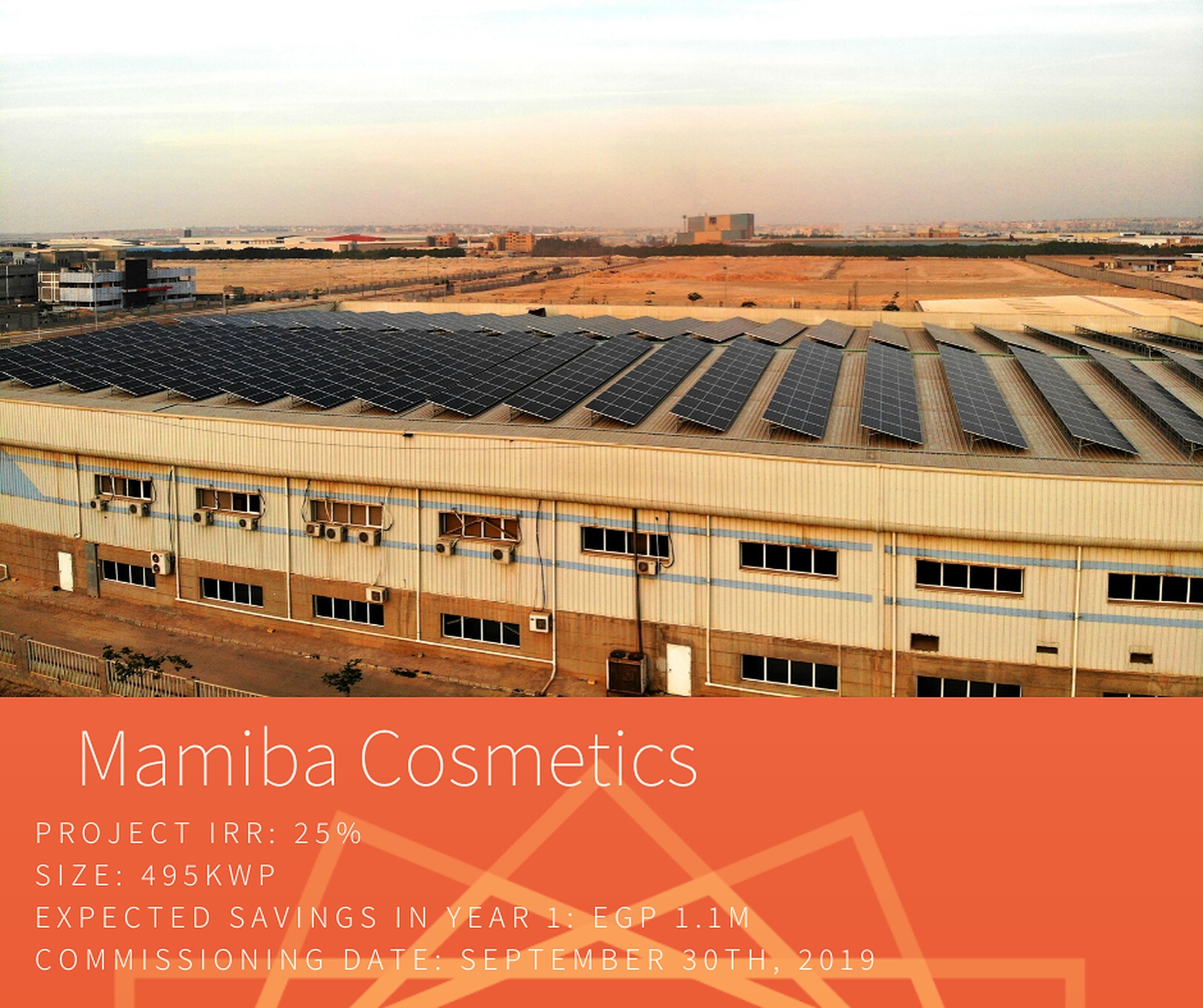
We also did a project with Mamiba Cosmetics, which is expected to help them save around one million Egyptian pounds a year. Other projects have been also made with companies, factories, hotels and farms.
What are the opportunities available to grow in the market?
The constant price increase in electricity in the upcoming period, even now as we speak and even in the next couple of years, makes it a great opportunity as this means that the demand for cheaper energy would also increase.
Another opportunity is that as the economy grows, and more investment happens, the interest rates will decrease, which means that you can borrow for cheaper and ultimately pay less money to the bank.
We also still have an untapped market, and we are looking for financially conscious factory owners, hotel owners and school and university owners that care about their bottom line in the long run. Out of 300 companies, we have a market share of 12 percent, and we want to maintain that market share.
Why do you think solar energy has yet not become as mainstream?
This is because energy is still being subsidized. The government recently bought an oversupply of natural gas energy generation units led by Siemens, and so they want people to utilize the Siemens generators instead.
What I wish would happen is that there would be solar interest loans for any client that wants to install solar, so they would pay only 3 percent or 4 percent on their loan.
I would also like to see the value added tax decrease from 14 to 5 percent, because that would make the solar system 9 percent cheaper, and that already happens with the IPP projects, they pay 5 percent tax instead of a 14 percent tax.
Why do you think this is the best time to invest in solar energy?
Anyone who invests in solar energy would end up saving a lot of money and at the same time produce clean energy, so they become a producer rather than a consumer. Similarly, this is also the reason why I started the company, which is because I wanted to save money, produce clean energy and help the country. The same formula applies to everyone else.
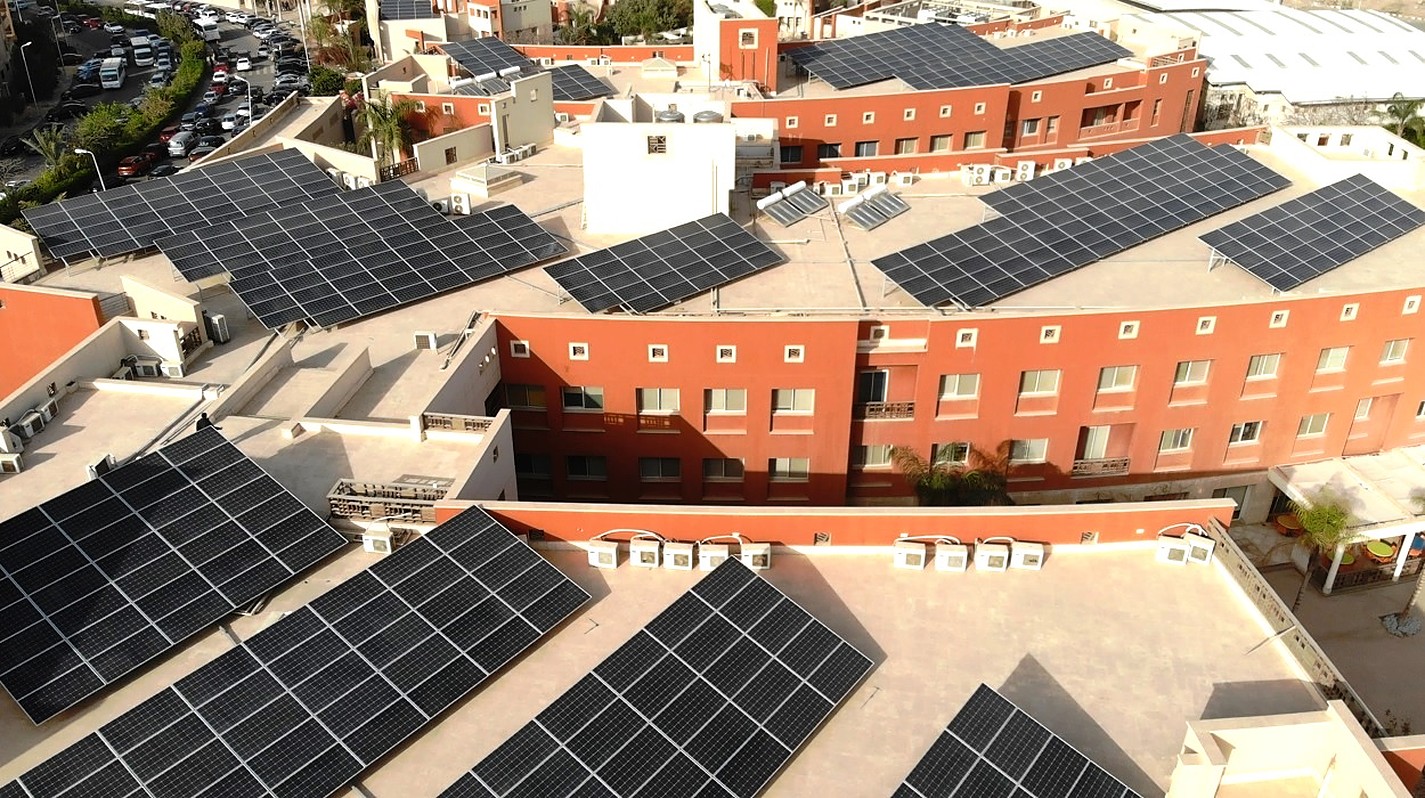



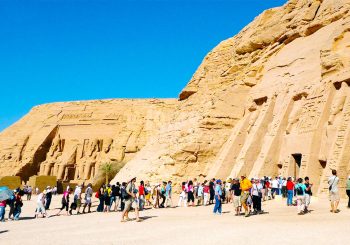
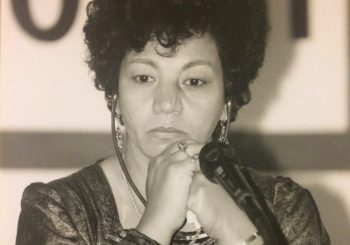
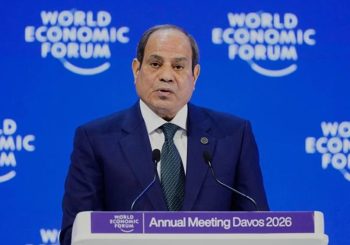
Comments (6)
[…] ‘Cairo Solar’ Brings Innovative Solutions to Help You Pay Zero Electricity Bills and Pro… ‘Radical’: Empowering Creative Youth and Local Designers within the Arab Region […]
[…] Be taught More […]